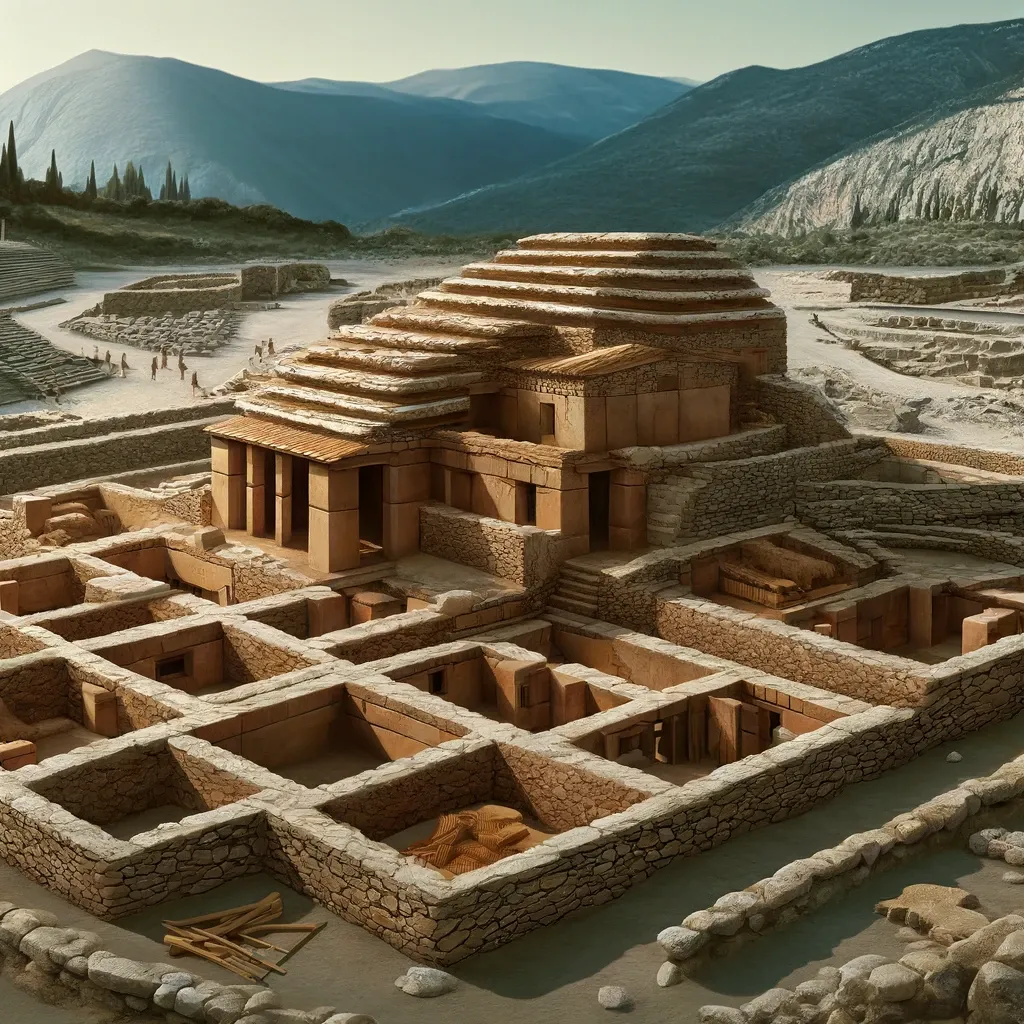Archaeologists have discovered an ancient Iron Age house in a Greek village.

Archaeologists from the University of Göttingen, working in the ancient village of Torikos, outside the city of Lavrion in southern Athens, have discovered what is considered one of the earliest Iron Age houses in Greece, reports Greek Reporter.
The area around Torikos, once located near a silver mine, was once home to Mycenaean houses, businesses and domed tombs. The outer corner of a building wall discovered by the team was at first thought to be one such tomb. But further investigation revealed a much larger dwelling, consisting of five or even six rooms and probably a paved courtyard, used between 950 BC and 825 BC.
The presence of a millstone and "complex layout" indicates that the house was used by members of a "highly developed civilization or a well-established social structure." Torikos is also home to the oldest surviving theater in the world, which dates back to the end of the Archaic period, around 525–480 BC.
In addition to its age, the theater is distinguished by its shape.
Comment
Popular Offers

Subscribe to the newsletter from Hatamatata.com!
Subscribe to the newsletter from Hatamatata.com!
I agree to the processing of personal data and confidentiality rules of Hatamatata








